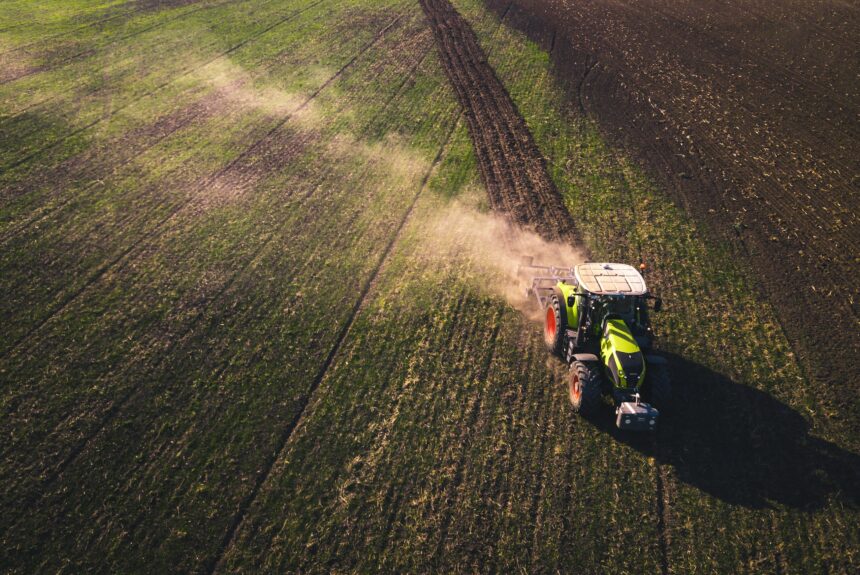Mission and Purpose
The Agriculture Advanced Research and Development Authority (AgARDA) supports research that addresses emerging problems such as plant disease, veterinary biological threats, and engineering agricultural advancements, among others. Authorized in the 2018 Farm Bill, AgARDA is an expansion of the efforts set forth by Congress to explore gaps in agricultural research. AgARDA can spur agricultural breakthroughs and innovation and help the United States maintain its position as the global leader in agricultural productivity.
AgARDA has three overarching goals:
- Developing and deploying technologies that address challenges related to growing, harvesting, handling, processing, storage, packing, and distribution of agricultural products;
- Mitigating plant disease or providing plant pest countermeasures;
- Addressing veterinary countermeasures to intentional or unintentional biological threats.
Following the ARPA Model
AgARDA functions using the ARPA model that has been successful with other research agencies, including the Department of Defense (DARPA), Department of Energy (ARPA-E), and Department of Health and Human Services (ARPA-H). This model has proven effective in meeting the specific needs and mission of the agency while spurring the commercial development of products and technologies. While the private sector is the primary hub of innovation, government research and development underpins many of the products families and households rely on today.
For instance, DARPA research and advancements contributed significantly to the development of the Internet and Global Positioning Systems (GPS). Research that began as an endeavor to equip soldiers with GPS and drop bombs with more precision enabled entrepreneurs to put GPS in consumers’ cars and phones. More recently, APRA-E funded a company that could significantly improve the energy density of lithium-ion batteries, making them safer and cheaper for the consumer.
These agencies should fund high-risk, high-reward research projects that the private sector would not undertake that are also critical to the mission of the agency. As evidenced by previous successes in the ARPA model, these agencies should be nimble, flat, and engage with the private sector.
Opportunities for Innovative Breakthroughs in Agriculture
America’s farmers and ranchers are world-class innovators. They continually find ways to feed more people with fewer inputs. AgARDA should support the research and development of technologies that will help address food, agricultural, and environmental challenges. The cost of agricultural research is rising and federal investment into research has gradually decreased in the last two decades. This decline highlights the loss of focus to support the agricultural community and provide nutritious and affordable food for American families and a rising global population. Robust R&D can help improve food production systems, address harmful and invasive pests and diseases, and tackle environmental challenges.
The United States Department of Agriculture (USDA) is the overseeing authority for AgARDA and is allocating research and development funding through this department. USDA has research and development programs including the Agriculture Research Service, the National Institute of Food and Agriculture, and the Foundation for Food and Agricultural Research. USDA has worked collaboratively with the private sector and AgARDA would be complementary to existing research and development programs to spur technological and scientific breakthroughs that would help address food security and some of the greatest environmental challenges farmers and ranchers face today.
Authorization and Funding
Congress authorized $50 million annually for AgARDA for 2019-2023; however, the agency has only received a total of $2 million in the last five years. There is no permanent director or other staff members because the funding allocated by Congress is only to start the program. The funds have primarily been used for planning and engagement purposes to demonstrate why AgARDA would be beneficial in the long term. Understanding that this is a good long-term investment, Members of Congress must be good stewards of taxpayer dollars, and adequately fund AgARDA. Gradually ramping up funding to put AgARDA in action would help develop solutions to the complex agricultural problems farmers and ranchers face today.


